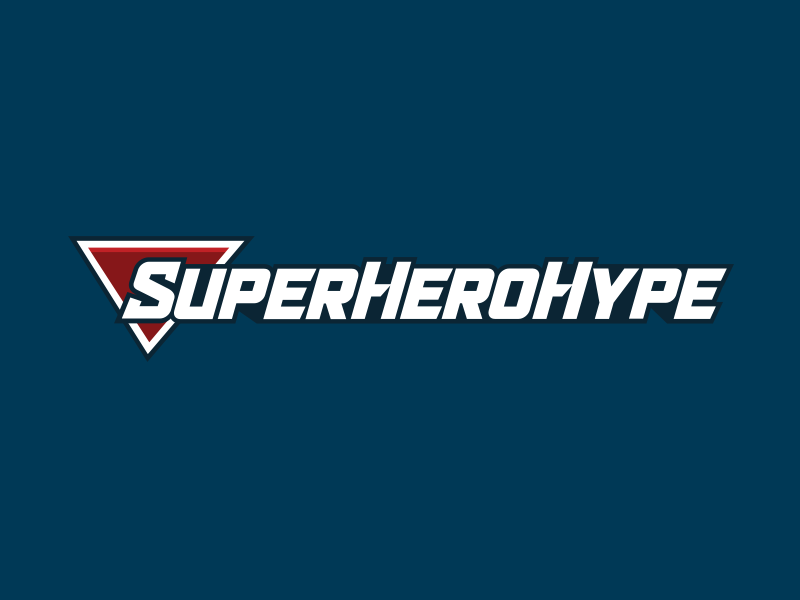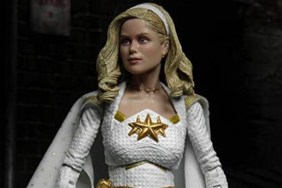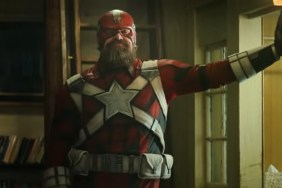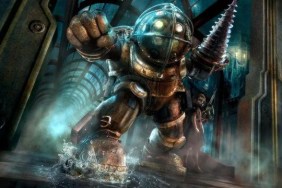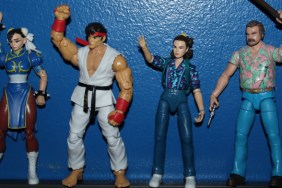
When it comes to comic book movies, there are probably four or five key players who have elevated what can be done with them. Zack Snyder is one, Christopher Nolan is another, but when it comes to the Big Daddy of comic book movies, the keeper of the keys to one of the castles that provides so…
